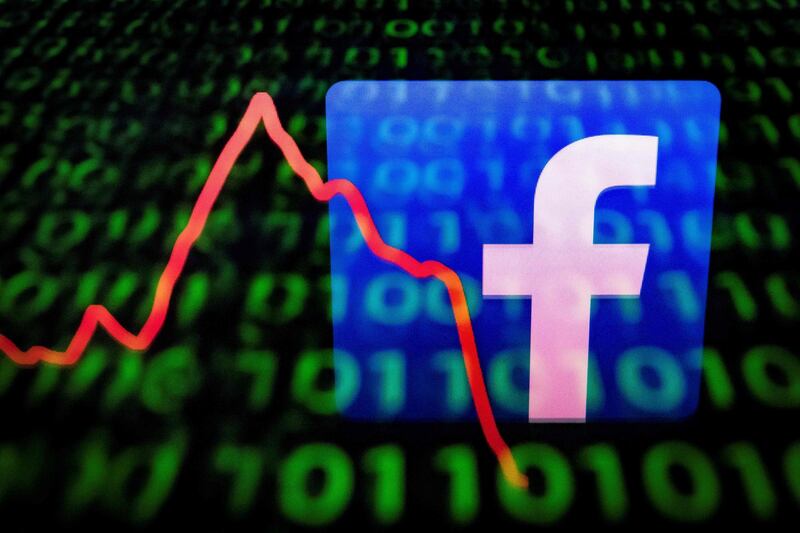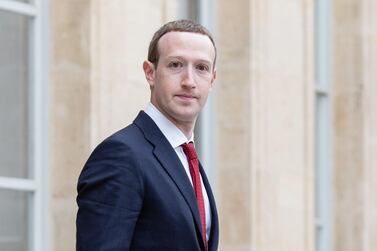Facebook plans to unveil its new digital currency "GlobalCoin" in the first quarter of next year, according to the BBC.
The social media giant intends to test the cryptocurrency by the end of the year and set up a digital payments system in about a dozen countries, the news organisation reported on its website. More details are expected this summer.
Founder Mark Zuckerberg met with Bank of England governor Mark Carney last month to discuss the opportunities and risks involved, the BBC said. The company also met with US Treasury officials and is "in talks" with money transfer companies including Western Union.
According to The Financial Times, Facebook has been working for more than a year to create a currency that its two billion users can use to transfer money and make purchases through blockchain technology. The social media company has also held talks with at least two cryptocurrency exchanges, Coinbase and Gemini, the newspaper said.
The plan to develop a stablecoin, a type of digital currency pegged to the US dollar to minimise volatility, were first reported in December. Earlier this month, the Wall Street Journal reported that Facebook has sought $1 billion in funding from payment technology companies such as Visa and MasterCard and financial institutions such as First Data Corporation for the project nicknamed "Project Libra".
With the new payments system, Facebook, along with its platforms Instagram and WhatsApp, could emulate WeChat in China, which allows users to chat, shop and play games in one place.
Facebook has come under fire in recent years over its handling of users' personal data. The US Federal Trade Commission has been investigating allegations that Facebook inappropriately shared personal data of 87 million users with the now-defunct British political consulting firm Cambridge Analytica.
Earlier this month Facebook co-founder Chris Hughes called for the break-up of the company in a New York Times opinion piece, saying Mr Zuckerberg's "focus on growth led him to sacrifice security and civility for clicks".
But Mr Zuckerberg on Thursday rejected the idea of a break-up, saying that would hamper the fight against deceit and harmful online content.
Facebook said it had disabled 2.19 billion fake accounts in the first quarter of this year, nearly double the number of the three months prior.







